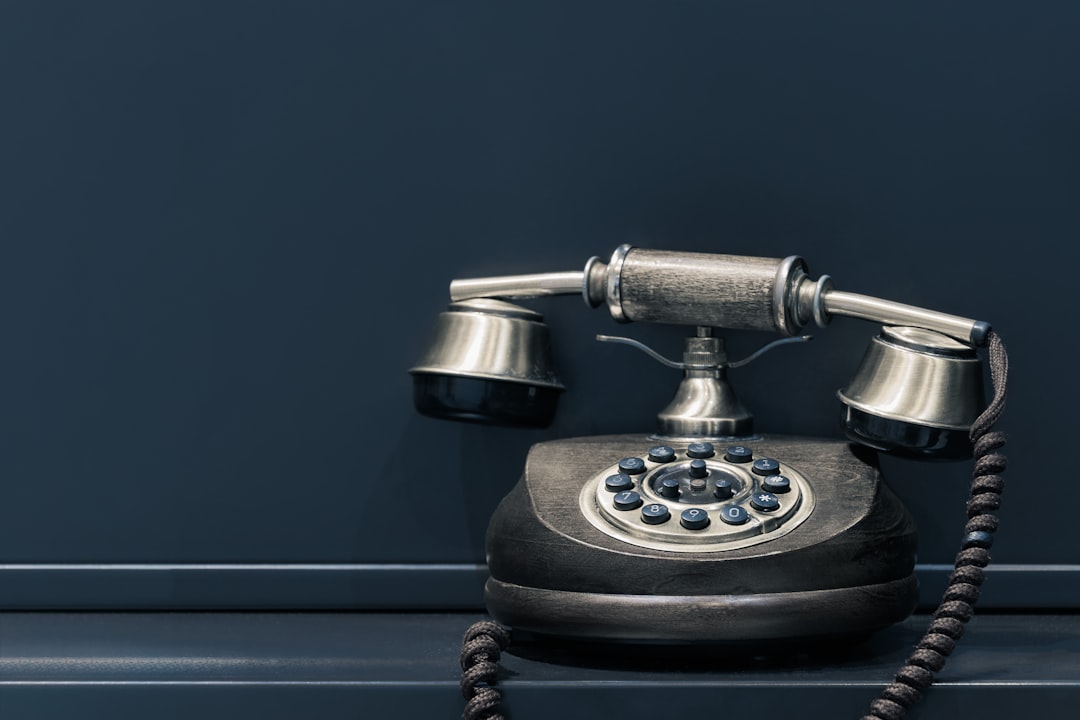Many of you know I have a side service called “The Query Doula” where I help writers prepare their manuscript openings and query letters for the agent query process. I’ve hit pause on this business—temporarily, don’t worry!—because I’m teaching next semester and working on a novel, but that’s not what this post is about. It’s about what developmental editing is versus what it should be, and what to know before you Venmo an outside editor that you’ve never worked with before.
I’d say that 3 out of 5 people come to me for help after having spent big bucks on developmental editors who have:
1) warped their manuscript into something that aligns with the editor’s personal taste and not the writer’s
and/or 2) taken the magic and heartbeat out of the book.
Let me be clear. There are excellent freelance editors out there doing a kick-ass job for their client writers. But lots of writers don’t find them. The majority of people I’ve worked with end up hiring a freelance editor who was recommended to them by a friend of a friend of a colleague who published in The Academic Review of Centipedes that one time. Just because someone calls themselves a freelance editor does not mean they should be yours. By the same token, just because someone recommends an editor to you doesn’t mean that you should blindly hire them. Some things to keep in mind when you’re considering handing over your manuscript baby to a stranger:
#1 Know your goal(s) and request an editorial POV to match
When you realize that it’s time for an outside editor, you might not know exactly why. Perhaps you’ve been ghosted by a lot of agents, or keep receiving form rejections that offer no explanation for the pass. It’s okay to be confused about what isn’t working, but if you’re going to hire a developmental editor, you need to be clear on what you want. A sampling of desires that a good editor can help you work toward1:
I want an agent and a publishing deal with a major press (the artist formerly known as The Big Five).
I want an agent and a publishing deal with an indie.
I’d like to skip the agent part and go straight to an editor (which narrows it down to university and micro presses, frequently).
I want to self publish because this book will serve my business interests, and I’d like to control the branding and distribution myself.
All I know is that I want to write the best story that I can. I just want to get this story right, first, and then we’ll see what’s what.
Personally, I don’t take on writers who don’t have an end goal for their manuscript(s). How can I help someone achieve their goals if they don’t know what they are? Once I talk to a writer about what they want from their next steps, I separate them into one of two groups:
Group A (desires a traditional publishing deal with editor and agent)
Group B (open to self publishing or alternative storytelling avenues: focus is on learning how to write the best story that they can)
For the Group A folks, I make sure they’re presenting a manuscript that doesn’t have any red flags that will make an agent reject it, and for the Group B people, I teach them the narrative tools and devices they can use to improve and texturize their stories. (Which I do for Group A, too!) My client’s publishing goal determines the lens through which I am going to be editing. Without that POV, I can edit for anything I want to: I can edit to my own taste, I can edit to make the story funnier, I can pervert the story any way I want — it’s a dangerous power to have.
When you are considering hiring an outside editor, make sure you know what your overall goals for your manuscript are, and communicate those goals. Then make sure your editor is comfortable editing toward them.

#2 Choose the right mechanic for your book/car
Hiring an outside editor is like finding the right mechanic for your car. I have a Honda Pilot (great car, BTW!), and when something is wrong with that little Honda, I don’t take it to the Nissan dealer, I take it to the Honda flagship. Same goes for hiring outside editors. If you want to publish with a Big Five press, you need an editor who has published book(s) with a commercial publisher before. While there are excellent writers and editors in academia, I wouldn’t hire an academic if I was gunning for a book deal with Dial Press. Take your car to the brand-approved mechanic. Your manuscript, as well.
#3 Call those references
A good editor will have references, and as a potential paying customer, you have the right to ask for them. “Did you have a good experience with said editor?” “Did you feel comfortable with their communication style?” “What kind of success are you having securing an agent/editor with the manuscript they helped you revise?” “Did they meet the deadline(s) you established?” These are just a few of the things you can ask the writers who are willing to speak to you about their experiences with the editor in question. (I’d aim to speak to 2 or 3 people which should give you an average take on what that editor is like.)


